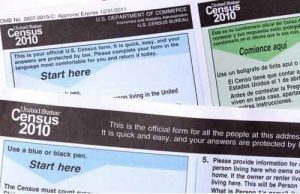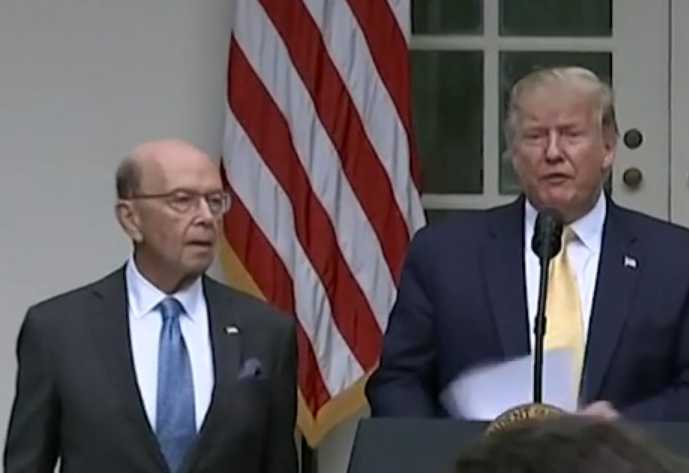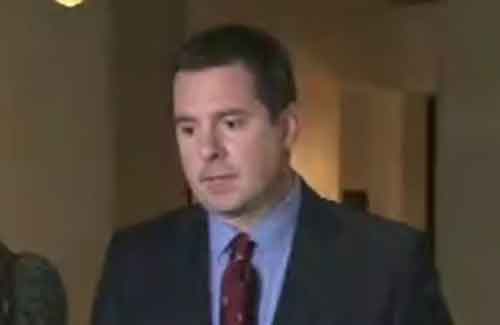 |
U.S. Commerce Secretary Wilbur Ross has announced the next count of every resident in the country will include a question about citizenship status.
The U.S. Census Bureau conducts the survey every 10 years, with the next set to come in 2020. The deadline for finalizing the questions is Saturday.
Ross said in a memo late Monday that he chose to add the citizenship question after a request from the Department of Justice, which said the move was necessary to get data to better enforce a law that protects minority voting rights.
The decision brought criticism from those who say the citizenship question will cause people to not participate in the census because of concerns about how the government could use the information, resulting in an undercount of the population.
The census figures determine the number of seats each state is allocated in the U.S. House of Representatives as well as how the federal government distributes hundreds of billions of dollars in funding for various programs.
California Attorney General Xavier Becerra announced the state would file a lawsuit challenging what he called an “illegal” move.
“Innocuous at first blush, its effect would be truly insidious,” he wrote in a joint op-ed in the San Francisco Chronicle with the California Secretary of State Alex Padilla.
Former U.S. Attorney General Eric Holder, who now serves as chairman of the National Democratic Redistricting Committee, said his organization will also challenge the decision in court, calling it “motivated purely by politics.”[xyz-ihs snippet=”adsense-body-ad”]”This question will lower the response rate and undermine the accuracy of the count, leading to devastating, decade-long impacts on voting rights and the distribution of billions of dollars in federal funding,” Holder said. “By asking this question, states will not have accurate representation and individuals in impacted communities will lose out on state and federal funding for health care, education, and infrastructure.”
He also said that in his experience leading the Department of Justice, asking the citizenship question on the census “is not critical to enforcing the Voting Rights Act.”
The census has included a citizenship question in the past. Ross said in his memo the last time it was included was in 1950, but that other surveys by the Census Bureau do currently ask the question.
Ross noted the concerns about lower response rates, including from the Census Bureau itself, but said his department’s own review “found that limited empirical evidence exists about whether adding a citizenship question would decrease response rates materially.”
The Census Bureau plans to allow people to respond to the survey on a paper form, through the internet or by telephone. When people do not respond, teams attempt to follow-up with those households.
Ross said the higher cost of having to do more follow-ups in the case of a lower response rate was a factor he considered, but that “the need for accurate citizenship data” outweighs concerns about the potential for fewer responses.
Source: VOA







